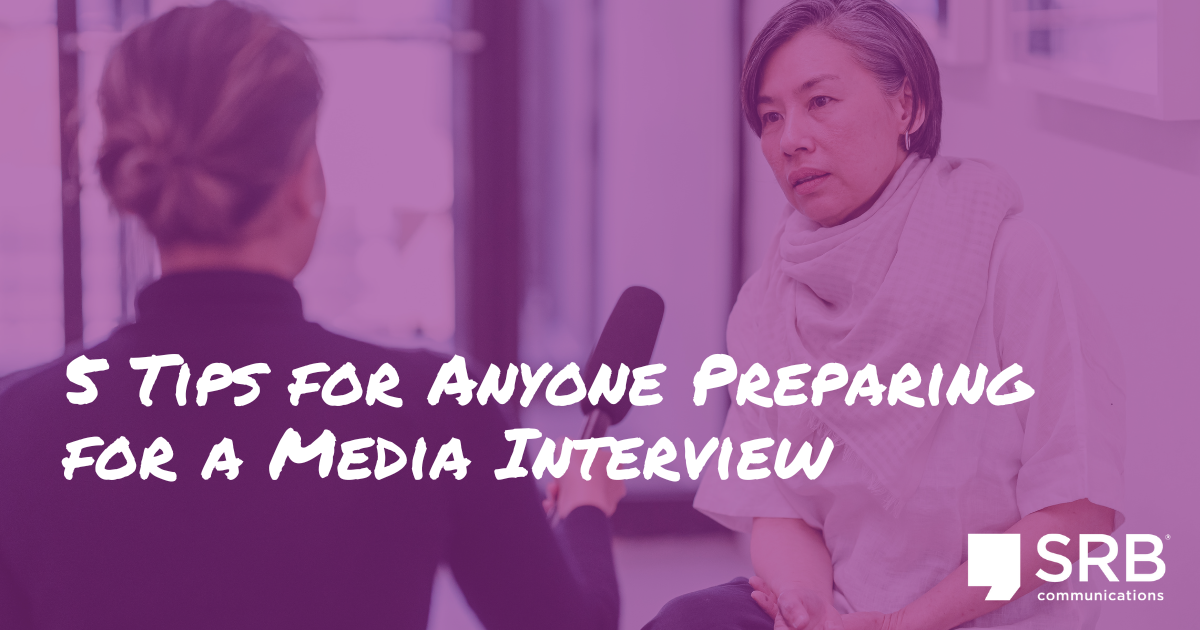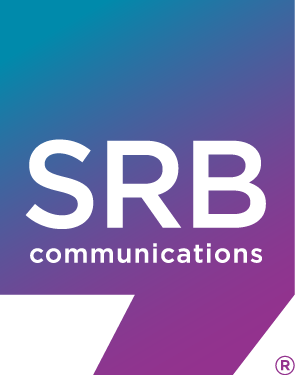News & Insights
5 Media Training Tips for Anyone Preparing for a Media Interview

Have you ever watched an interview and heard the featured guest say, “Wow. That’s a great question. I’ve never been asked that before.”? As a viewer, it’s a compelling moment that will seemingly reveal something new about the guest. In these moments, it’s easy to applaud the interviewer for their adept research and conversational skills. However, it’s the guest’s response to the curveball question that indicates their level of preparedness if they can confidently respond and guide the conversation back to the topic they came to discuss. Some of the best interviews are informative and engaging because the interviewee is polished and media trained.
So, what is media training?
Media training can help people prepare for media interviews when they're looking to promote their company, organization or themself. Media training is important for developing the skills and tools required to deliver messages effectively and respond to questions from journalists. It can also help people feel more confident and overcome uneasiness when interacting with the media.
Media Training Tips
Media training enables you to stay on message. Follow these tips to ensure you can represent yourself and your organization well when being interviewed by the media.
- Practice and prepare. Before you participate in an interview, prepare a sample list of questions that may be asked, practice responding to those questions and time yourself. Rehearsing beforehand will train you to repeat the questions in a statement. It will also help you avoid surprise tactics from the interviewer and pivot the conversation back to your point if needed.
- Speak in short phrases. Speak in thoughts, phrases and short sentences. This will produce the best quotes and soundbites. Journalists have already decided on the story they want to tell. Providing quotes and soundbites will help you ensure it's the story you want to be told.
- Set ground rules. Before you agree to an interview, research the outlet to determine if it's the right fit. Once an interview is confirmed, never say anything to a reporter that you don't want to see in the story. Always make sure the mic is off before you begin speaking.
- Dress appropriately. For video or television interviews, it's best to wear solid colors and avoid stripes and patterns. You should also avoid white, black and red. Blues, grays, browns and pastels are all camera-friendly. Ultimately, keep it simple.
- Be confident. Journalists are interviewing you because your story is newsworthy. You have information they want to know more about. Follow the preceding tips and you'll head into an interview calm and collected.
Media training helps people be more effective when communicating with journalists. It ensures they represent themselves, their company or their brand engagingly while concisely communicating all the right messages.
Looking for more? Read our blogs for more communications and marketing insights and best practices.



